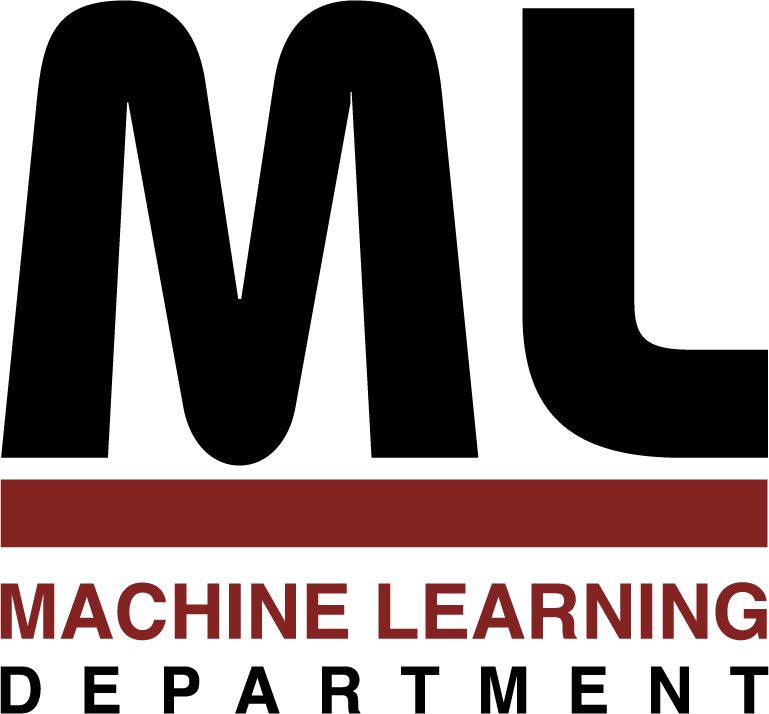
Machine Learning Department
School of Computer Science, Carnegie Mellon University
No-Regret Learning and a Mechanism for
Distributed Multiagent Planning
Jan-P. Calliess*, Geoffrey J. Gordon
February 2008
We develop a novel mechanism for coordinated, distributed multiagent planning.
We consider problems stated as a collection of single-agent planning problems
coupled by common soft constraints on resource consumption. (Resources may
be real or fictitious, the latter introduced as a tool for factoring the
problem). A key idea is to recast the distributed planning problem as learning
in a repeated game between the original agents and a newly introduced group of
adversarial agents who influence prices for the resources. The adversarial
agents benefit from arbitrage: that is, their incentive is to uncover
violations of the resource usage constraints and, by selfishly adjusting
prices, encourage the original agents to avoid plans that cause such
violations. If all agents employ no-external-regret learning algorithms in
the course of this repeated interaction, we are able to show that our
mechanism can achieve design goals such as social optimality (efficiency),
budget balance, and Nash-equilibrium convergence to within an error which
approaches zero as the agents gain experience. In particular, the
agents' average plans converge to a socially optimal
solution for the original planning task. We present experiments in a
simulated network routing domain demonstrating our method's ability to
reliably generate sound plans.
36 pages
*The author is also a student at University of Karlsruhe, Germany.
School of Computer Science homepage
This page maintained by reports@cs.cmu.edu